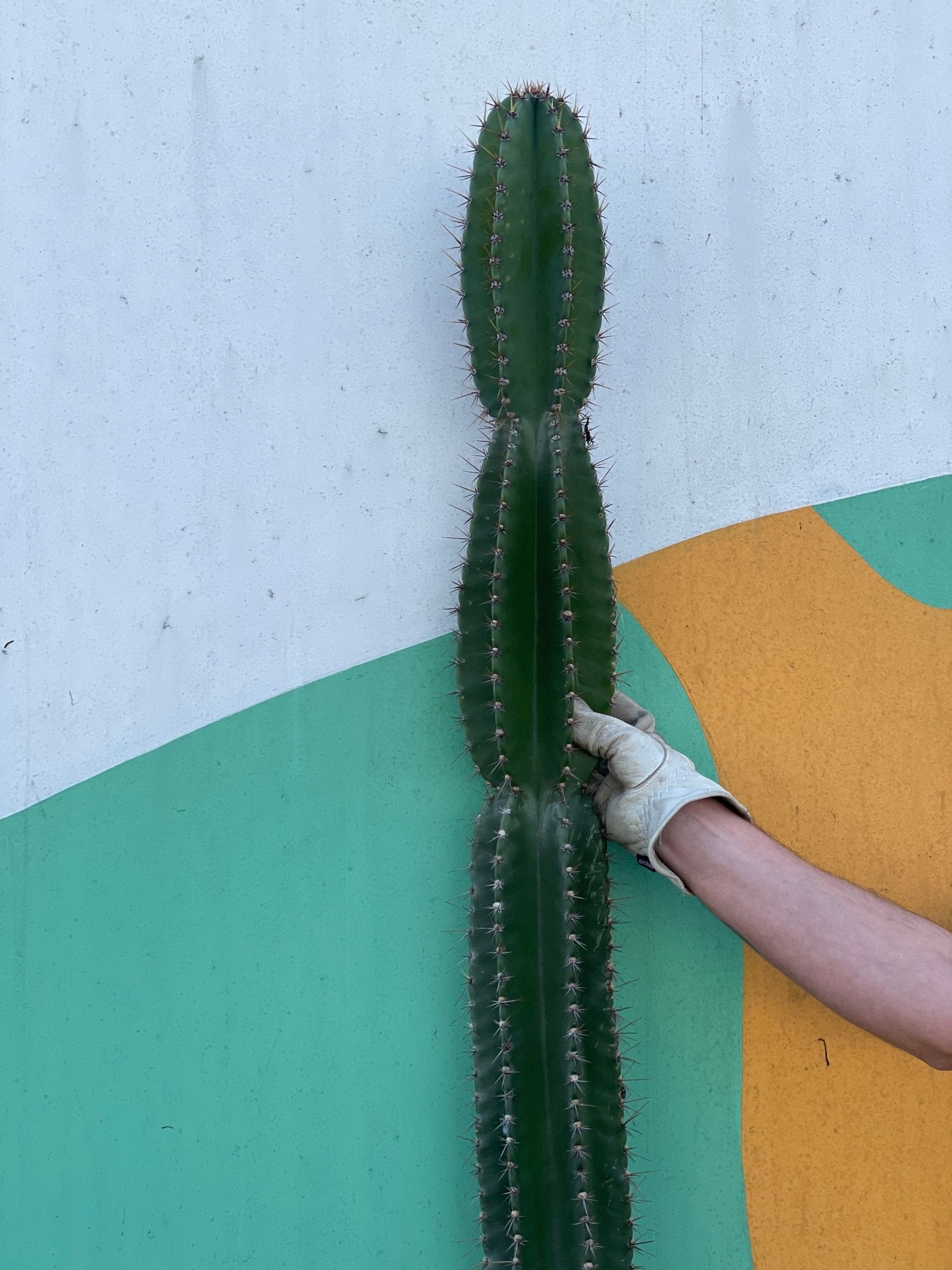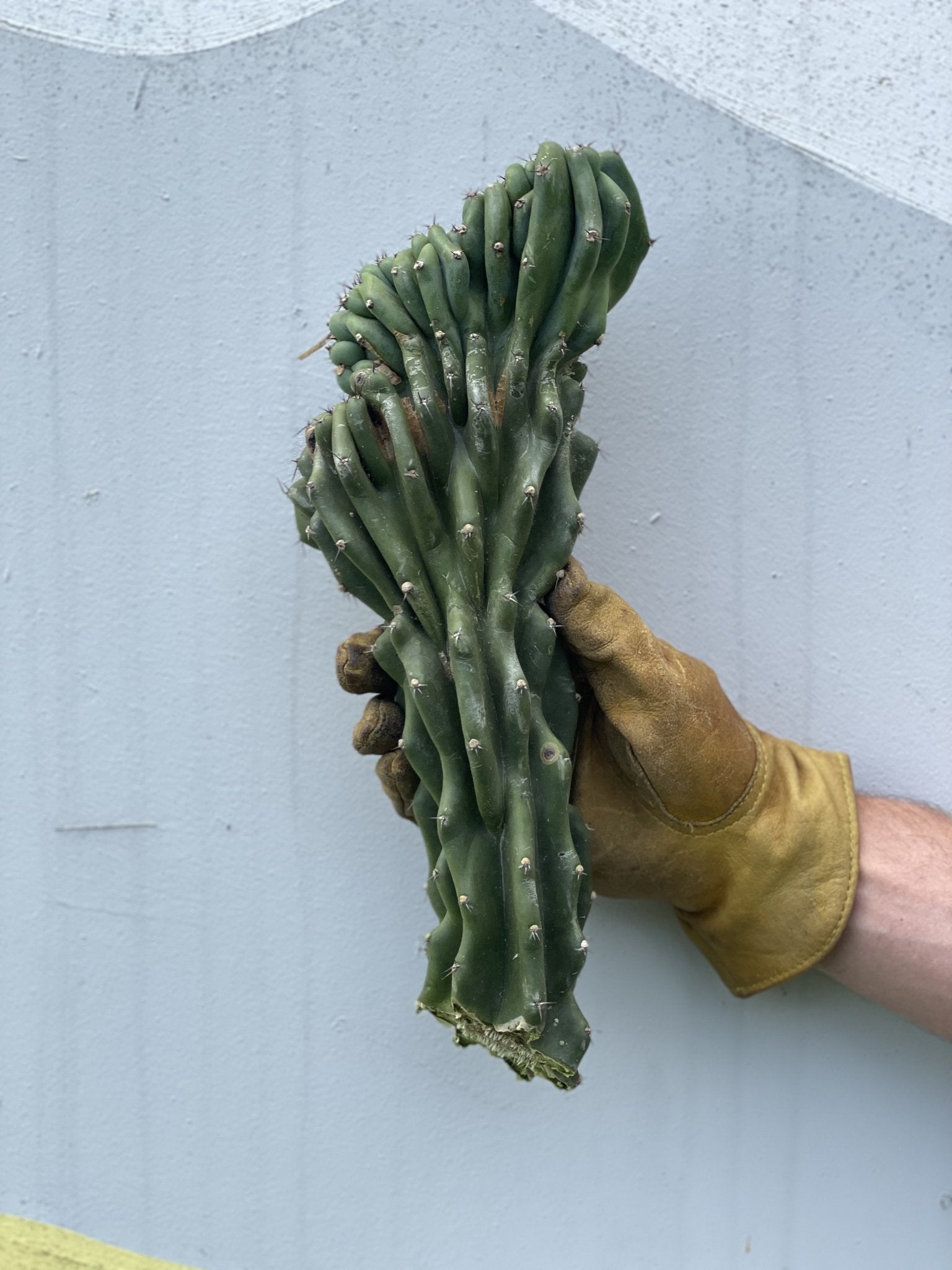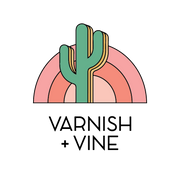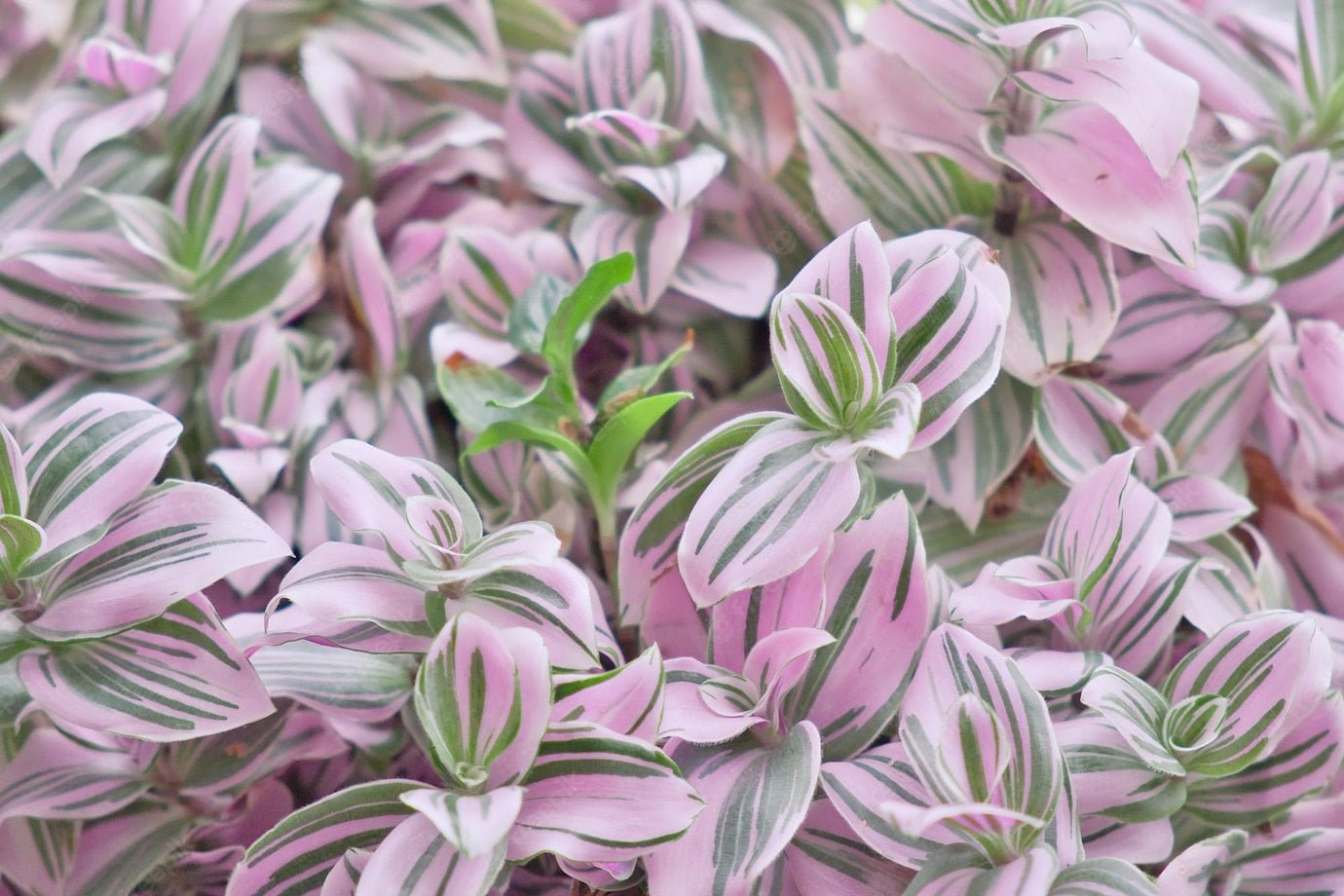Tradescantia is a genus of creeping vines that produce small, trumpet-shaped flowers. These plants are native to the humid forests of South America, Central America, and the Caribbean. Tradescantias are also known as spider plants because of their creeping habits and tendency to trail over edges. Caring for them is relatively easy due to their compact size and low light requirements. They also don’t require much maintenance once they’re established in your home.
Let’s go over everything you need to know about caring for your Tradescantia Nanouk so that it thrives in your home!
Origins of the Tradescantia Nanouk
Tradescantia plants are native to the humid, sub-tropical forests of Central and South America. Botanists believe that the Tradescantia genus has remained relatively unchanged for millions of years. Though the Nanouk is relatively new among Tradescantia species, it has already become one of the most popular houseplants around the world.
Tradescantia Nanouk Light Requirements
Tradescantia Nanouks are low-light plants that do best in bright, indirect sunlight. They don’t do well in areas with direct sunlight, as the leaves can scorch and die. That said, many new gardeners love working with various species of Tradescantia because they don’t require a ton of light in order to grow and thrive. As long as you place them in a window with indirect sunlight, they should do just fine.
Tradescantia Nanouk Water Requirements
The Tradescantia Nanouk is a thirsty plant that needs lots of water to thrive. You should water your Nanouk regularly, giving it as much water as it can hold at one time. Most people prefer to use a watering can with a fine sprayer to deliver the water that their Tradescantia needs. Although they prefer to be kept moist, Nanouks do need some time to dry out between waterings. So, make sure to water your plant at least once a week, but let the soil dry out before watering your Tradescantia again.
Tradescantia Nanouk Feeding Requirements
Tradescantia Nanouks are low-maintenance plants that do not require much feeding. In fact, feeding them too much can lead to fertilizer burn, which can kill your plant. If your Tradescantia Nanouk is growing in soil, you should use a low-nitrogen fertilizer. However, if your Nanouk is growing in water, then you should consider feeding it with fish or worm castings instead.
Tradescantia Nanouk Misting Requirements
The Tradescantia Nanouk is a tropical plant that thrives in humid environments. Therefore, you should mist your Tradescantia regularly to provide it with the humidity it needs. Misting your plant will help it to stay healthy and produce more flowers. The best times to mist your Tradescantia Nanouk are early in the morning or late in the evening. But whatever you do, you should avoid misting your plants in the middle of the day, as doing so can cause the leaves to rot.
Common Diseases
Tradescantia Nanouks are susceptible to several diseases, including anthracnose, leaf spot, powdery mildew, and root rot. Fortunately, these diseases are easy to detect, and they can all be treated and cured fairly easily.
Anthracnose mainly affects Tradescantia Nanouk plants when they’re young, so it’s important to regularly monitor and remove affected leaves. Anthracnose can be treated with a fungicide.
Leaf spot is another common disease that appears as small spots or patches of yellow or brown on leaves and stems. It can be treated with a fungicide or by removing and destroying infected leaves.
Powdery mildew, which appears as a white or grey powdery substance on the surface of leaves, can be treated with a fungicide.
Finally, root rot is a fungal disease that results in wilted, yellowing leaves. Root rot can be detected early and treated by changing the soil and watering less frequently.
All things considered, Tradescantia species are resilient, and with proper care and maintenance, it’s easy to remove any pests or diseases that you might encounter with these plants.
Conclusion
The Tradescantia Nanouk is a beautiful and easy-to-care-for tropical plant. They are great for beginners and indoor gardeners who are new to growing tropical plants. Nanouks thrive best when they have indirect sunlight, warm temperatures, and humid environments. They need lots of water, but they also need time to dry out between waterings. Tradescantia Nanouks are very forgiving plants that can be easily treated for pests and diseases. They are a great indoor plant for people of all skill levels!












Leave a comment